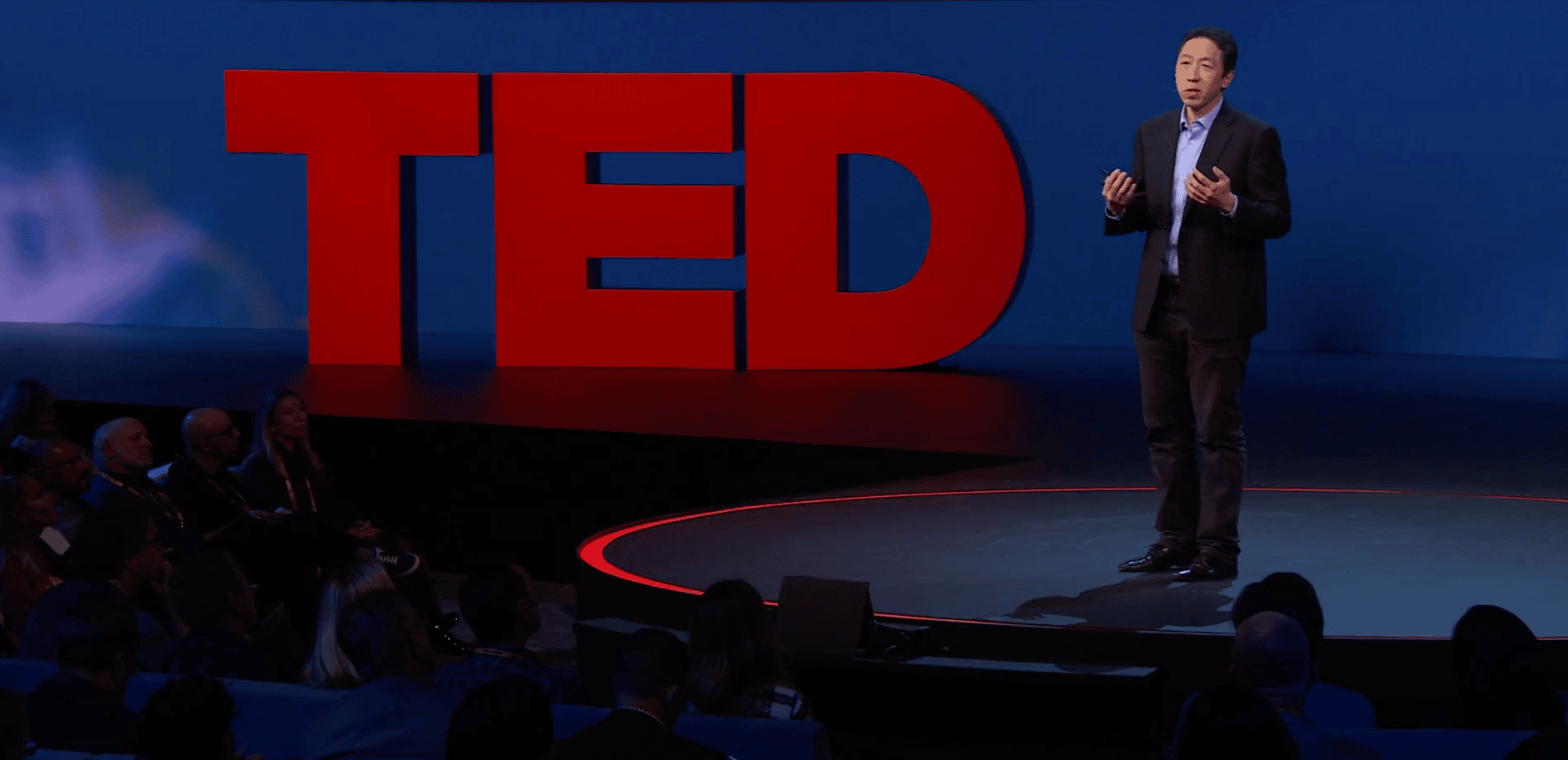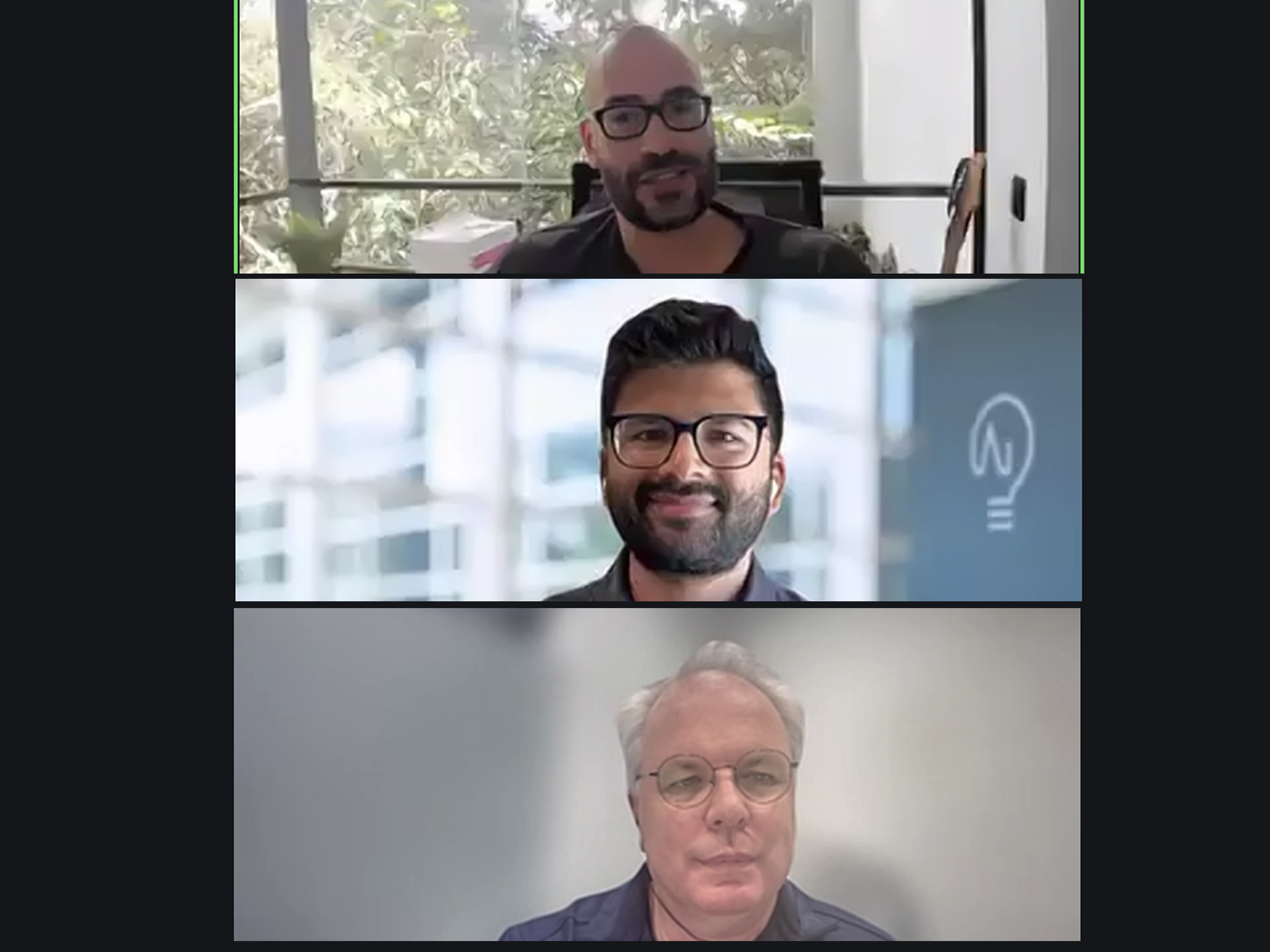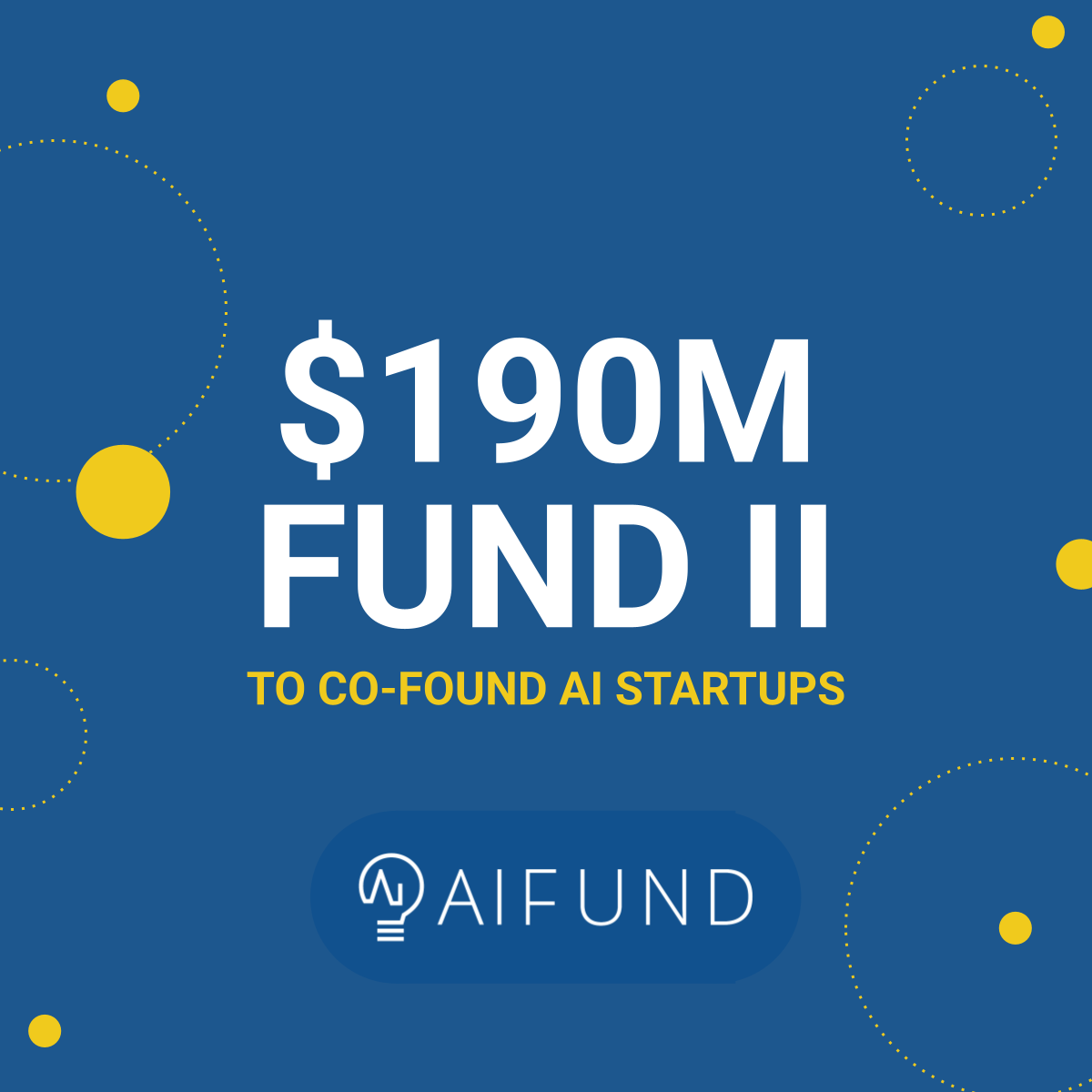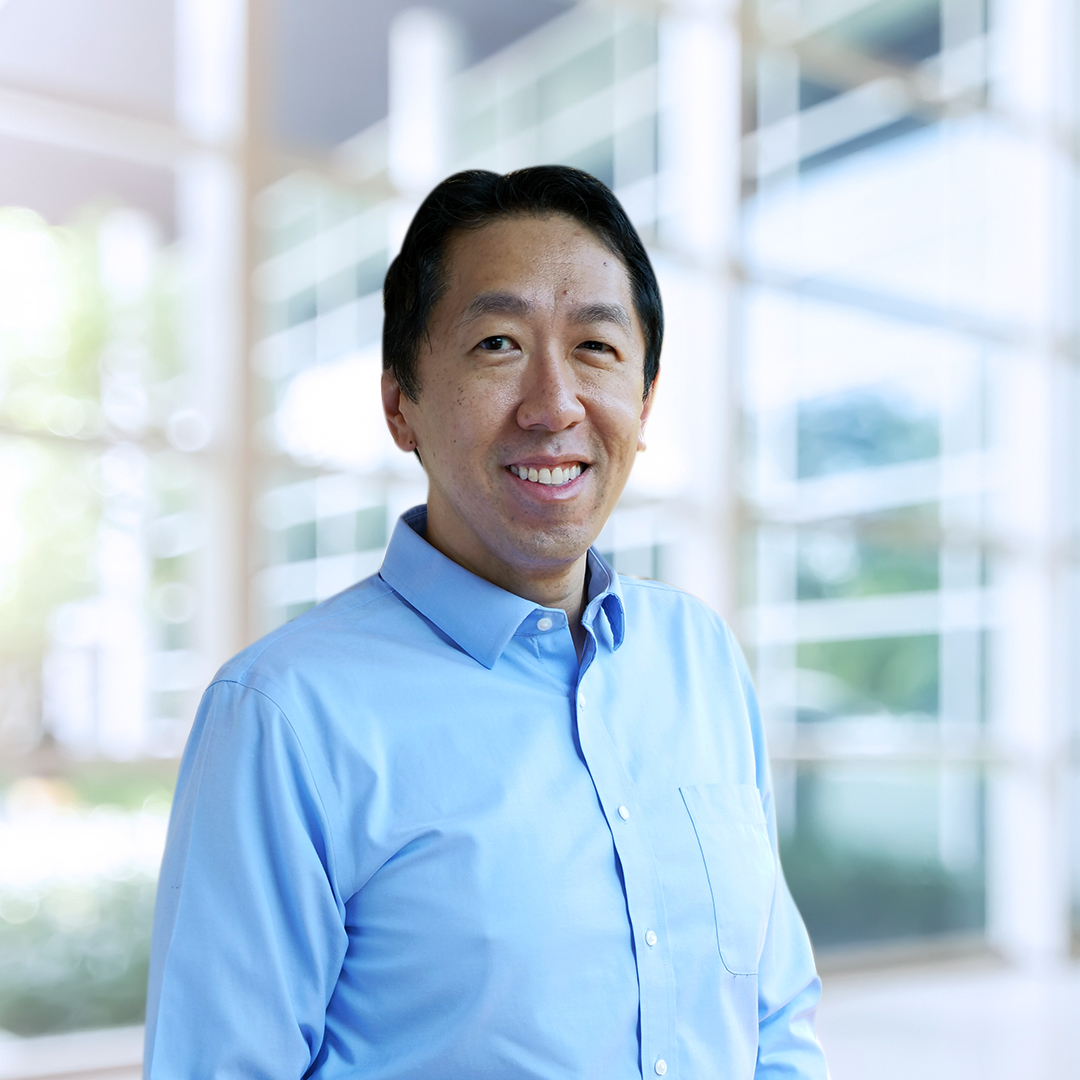
Editor’s note: A version of this article originally appeared on Landing.ai.
I spoke at TED 2022 in Vancouver on giving the power to build useful AI systems to everyone. To date, AI has created great wealth and efficiency around such things as web search and e-commerce. In the near future, with new ways to build AI systems, it will benefit all kinds of businesses.
When I think about the rise of AI, I see an analogue to the rise of literacy. A few hundred years ago, society accepted that not everyone needed to read and write. After all, when we were mainly tending fields and herding sheep, there wasn’t much need for written communication. Instead, most people relied on a handful of monks, high priests and high priestesses to read the holy book to them – what further need could there possibly be to read?
Fortunately, we’ve since learned that we can build a much richer society if more people read and write.
Today, society is in a similar stage with AI where it’s in the hands of just a few. We’ve made it work for the consumer internet, the Googles and Facebooks, companies that have billions of data points and thousands of AI engineers. Surely there is no need for normal people to be able to build AI systems, so long as we can rely on the high priests and priestesses at the companies to do it for us?
We can, similar to literacy, build a much richer society if everyone has access to this powerful technology. By that, I mean not just as a user of AI, but as a creator of AI.
For example, many Sundays I drive to a local pizzeria to get a slice of Hawaiian pizza. There’s always also a lot of cold pizza lying around, and some toppings are often out of stock. Each time the owner sells a pizza, he generates data that he could take advantage of to reduce waste and anticipate consumer demand.
An AI system, given the right data, is very good at spotting patterns. So in this instance, an AI system might notice that, at a particular pizzeria in a specific location with its own menu and specialties, Mediterranean pizza sells really well on Friday nights and signal to the owner to make more of it on Friday afternoon. That could make a huge difference for this small business and millions more like it.
But right now, such a business could not afford an AI team to build an AI system that works for it. Although AI is a general-purpose technology, AI systems behave differently depending on the data they learn from; in this case, data generated by one pizzeria. There is no one-size-fits-all solution since all businesses are unique. They need custom solutions.
Imagine a future where AI is accessible enough that a pizza maker, baker, accountant, healthcare administrator, T-shirt maker, supply chain manager, and quality inspector could all build a particular AI system that makes a difference to them.
This is why I founded Landing AI. All industries should have access to AI, from the pizzeria to the organic farmer, from other small businesses to plants reducing manufacturing defects, from those improving medical devices and automotive production to those creating better drugs.
This new era of AI will differ from the old. It won’t just be about massive datasets and highly skilled AI engineers. Small businesses , too, will harness the power of AI even if they have modest amounts of data.
New ways to build AI systems are already making this possible. Easy-to-use platforms are empowering anybody to build a custom AI system in a few hours or days that works for their businesses and particular needs. The idea is new, and these platforms are in their infancy. But they have the power to revolutionize AI development, taking it out of the hands of the priesthood and giving it to ordinary people.
Just like widespread literacy changed the world for the better, so will the widespread ability to build AI systems.
I also hope you’ll join me in bringing AI to everyone.
Related Insights

The USB Moment for AI: Understanding Agent Protocols

When Everyone on Your Team Can Code: A Glimpse Into the AI-Powered Future

AI Fund closes oversubscribed $190 million Fund II to co-found AI startups

Voice-first future: AI voice technology for startup founders and tech leaders

What’s next in AI for 2025?

